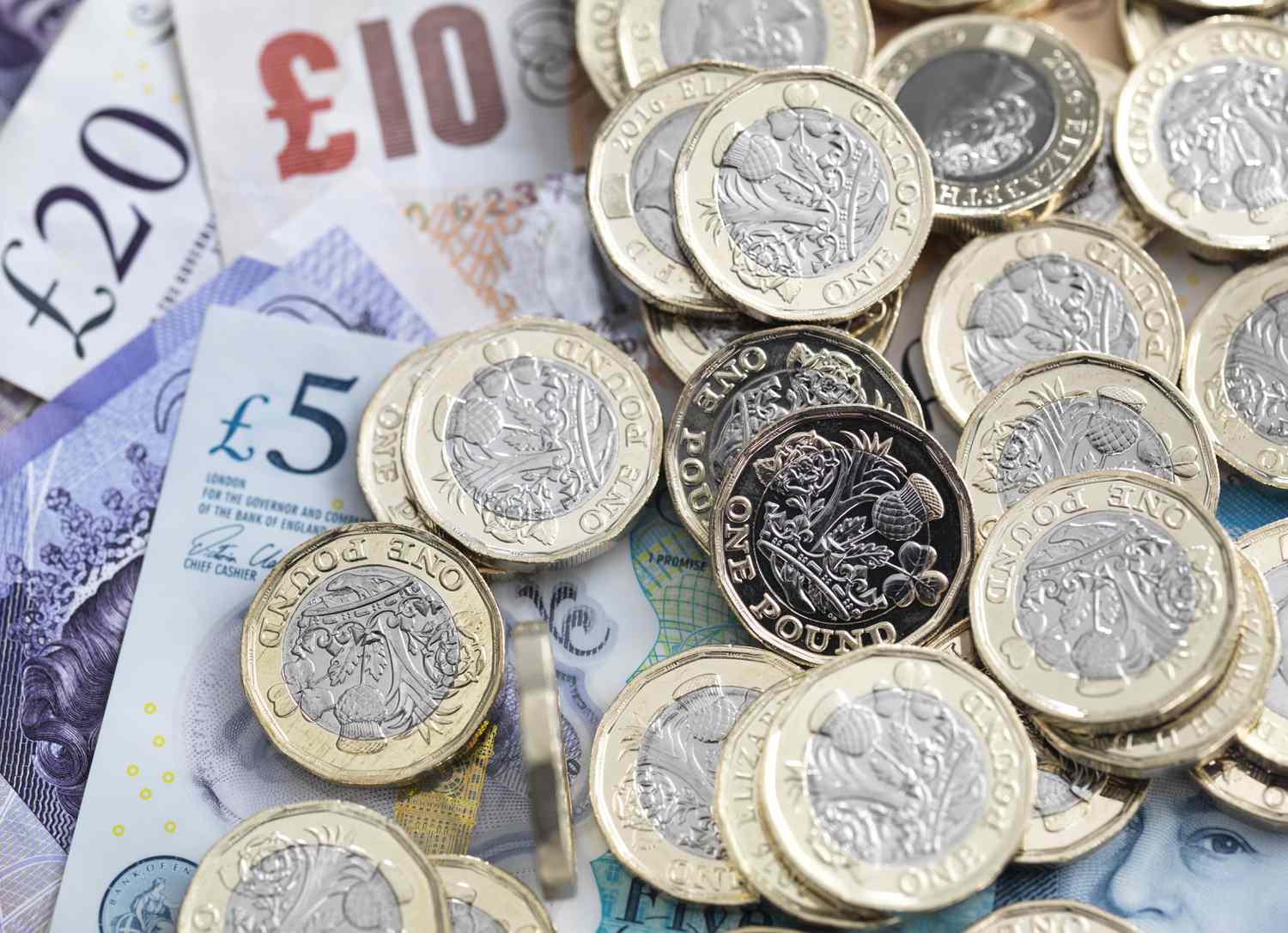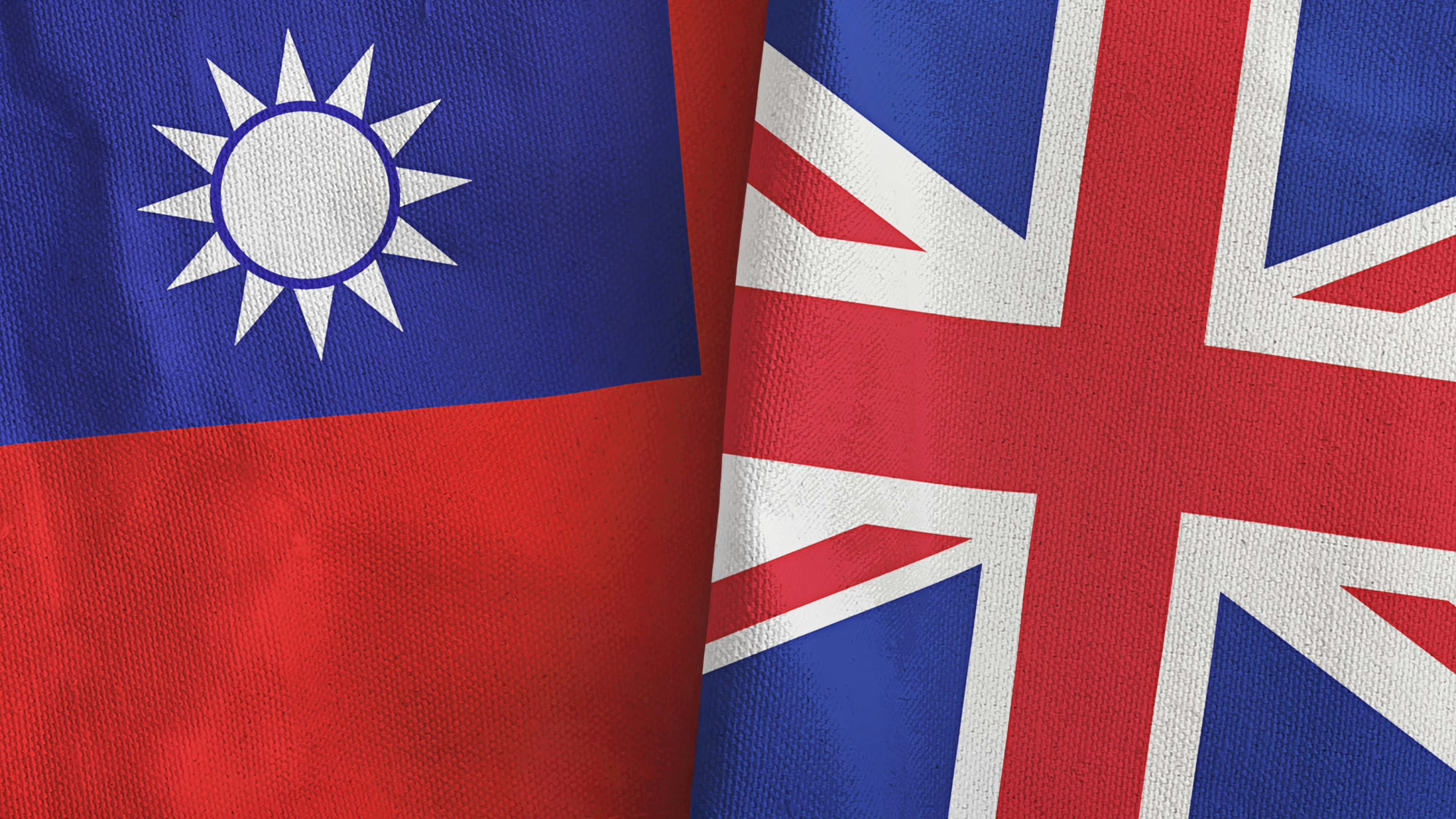The proposed sale of port operations at the Panama Canal by Li Ka-shing’s conglomerate, CK Hutchison Holdings (CKH), has hit a deadlock amid U.S.-China geopolitical tensions, opposition from Beijing, and legal challenges in Panama. The deal, far from being a mere commercial transaction, has become a microcosm of the broader U.S.-China rivalry, highlighting the political and economic dilemmas faced by Hong Kong businesses on the global stage.
Deal Details: Li Ka-shing’s Strategic Retreat
On 4 March 2025, CKH announced plans to sell an 80% stake in its global port operations—spanning 43 ports across 23 countries, including the Balboa and Cristobal ports at either end of the Panama Canal—for $22.8 billion to a consortium led by U.S.-based BlackRock. The transaction, one of the largest port sales in recent years, marks a significant retreat by the Li family from its international port business. The Panama Canal handles approximately 6% of global maritime trade, with the U.S. accounting for 73% of its traffic and China 21.4%, making it a critical node in U.S.-China trade and geopolitics.
CKH clarified in its announcement that the sale excludes its ports in Hong Kong and mainland China, such as Yantian International and Hong Kong International Terminals, indicating Li Ka-shing’s intent to retain influence in strategically sensitive regions. The deal is expected to generate $19 billion in cash for CKH, and analysts view it as a calculated move by Li to mitigate political risks amid escalating U.S.-China tensions while securing funds for future ventures. Insiders at CKH revealed that only 12% of the company’s revenue comes from China and Hong Kong, with its primary markets now in Europe, North America, and Australia, suggesting a gradual decoupling from Beijing.
Beijing’s Strong Opposition Halts Progress
The announcement immediately drew sharp criticism from Beijing. On 5 March, Chinese Foreign Ministry spokesperson Lin Jian stated that while China does not comment on commercial transactions, it has never been involved in the canal’s management or operations, refuting claims of “Chinese control” over the canal. He also expressed support for Hong Kong businesses operating in a fair international environment. However, pro-Beijing Hong Kong outlet Ta Kung Pao published a series of articles from 13 to 17 March, accusing CKH of “putting profit above national interest and ethnic righteousness” and warning that Li Ka-shing’s “dance with U.S. politicians” would earn him historical infamy. These articles were republished by the State Council’s Hong Kong and Macao Affairs Office and the Liaison Office, underscoring Beijing’s firm stance.
On 18 March, reports emerged that China’s State Administration for Market Regulation had launched an investigation into the deal, focusing on potential national security risks or violations of anti-monopoly laws, with the authority to terminate the transaction if issues were found. On 28 March, the South China Morning Post cited sources saying the final agreement, originally scheduled for 2 April, had been delayed due to pressure from Beijing. By 1 April, Reuters reported that the deal remained stalled, reflecting the intensifying interference from Beijing.
Local Lawsuits in Panama Add Uncertainty
Beyond Beijing’s opposition, new developments in Panama have further complicated matters. On 6 April, the South China Morning Post reported that two Panamanian lawyers, Castro and Macias, filed a lawsuit in Panama’s Supreme Court, alleging that the 1997 concession agreement between CKH’s Panama Ports Company and the Panamanian government was unconstitutional, undermining Panama’s sovereignty, public interest, and economic fairness. The lawyers demanded the contract be declared void, arguing that it granted CKH excessive control over the canal’s key ports, with profound implications for Panama’s sovereignty. Additionally, on 7 April, Panama’s Comptroller General released an audit report accusing CKH of breaching the contract by failing to pay $1.2 billion in fees, casting further doubt on the deal’s future.
U.S. Pressure and Geopolitical Context
The deal is deeply entangled in U.S.-China geopolitical rivalry. U.S. President Donald Trump has repeatedly claimed the need to “reclaim” the Panama Canal, citing China’s influence as a national security threat. In January 2025, U.S. Secretary of State Marco Rubio visited Panama, demanding that the country “immediately address” China’s influence over the canal. On 6 April, the Financial Times reported that U.S. Defence Secretary Hegseth planned to visit Panama this week to meet President Mulino, intensifying pressure on the nation. Panama’s government has insisted that the canal is independently operated by the Panama Canal Authority and that its sovereignty is “beyond question,” while taking steps to appease the U.S., such as cracking down on illegal migration through the Darién Gap towards the U.S. border.
Analysis: Li Ka-shing’s Dilemma
Analysts view Li Ka-shing’s decision as a pragmatic retreat under geopolitical pressure. Associate Professor Li Mingjiang from Nanyang Technological University in Singapore noted that businesses often become collateral damage in U.S.-China rivalry, and if commercial interests are sacrificed for geopolitical policies, compensation remains uncertain. By offloading sensitive assets at a high price, CKH aims to sidestep the risks of U.S.-China tensions, but Beijing’s opposition and Panama’s legal challenges have clouded the deal’s prospects.
Some voices have expressed sympathy for Li Ka-shing, arguing that as a business, CKH can hardly withstand the pressure of U.S. state machinery. Amid intensifying U.S.-China rivalry, Hong Kong businesses face mounting challenges on the global stage, and the outcome of this deal hinges on the interplay between the U.S., China, and Panama.
Conclusion
As of 11 April 2025, Li Ka-shing’s sale of the Panama Canal ports remains incomplete, stalled by Beijing’s anti-monopoly review, local lawsuits in Panama, and the broader U.S.-China geopolitical struggle. More than a commercial decision, this transaction reflects the complexities of great power rivalry, underscoring the political and economic tightrope Hong Kong businesses must navigate internationally. Whether the deal will ultimately proceed depends on the next moves of all parties involved.
Discover more from “Bridging Hongkongers. Reporting Truth.”
Subscribe to get the latest posts sent to your email.




